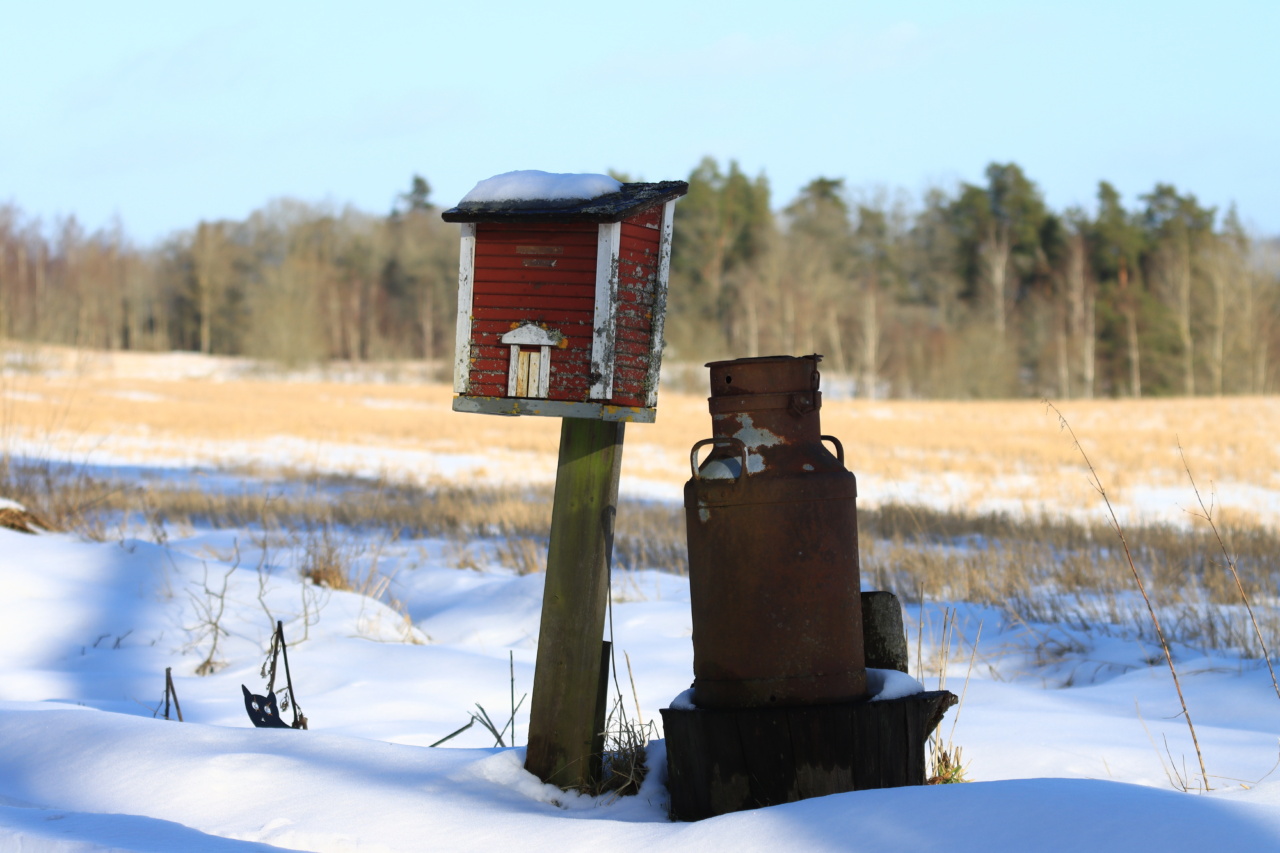As the winter season approaches, many people find themselves struggling with sleep. The colder temperatures, lack of sunlight, and other factors can disrupt our natural sleep patterns, leaving us feeling tired and groggy throughout the day.
If you’re one of those people who struggle with winter sleep, fret not! There are several things you can do to improve your sleep quality and get the rest you need. In this article, we will explore some tips and strategies to help you combat winter sleep problems.
Create a sleep-friendly environment
One of the first steps in improving your sleep during the winter is to create a sleep-friendly environment in your bedroom. Keep the room cool, around 65°F (18°C), as a cooler temperature promotes better sleep.
Invest in a comfortable mattress and pillows that support your body and help you relax. Consider using blackout curtains or an eye mask to block out any external light that might disrupt your sleep, especially during the shorter winter days.
Stick to a consistent sleep schedule
Establishing a consistent sleep schedule is crucial for regulating your body’s internal clock and improving sleep quality. Try to go to bed and wake up at the same time every day, even on weekends.
This routine can help train your body to know when it’s time to sleep, making it easier for you to fall asleep and wake up naturally. Avoid napping during the day, as it can interfere with your nighttime sleep. If you do feel the need to nap, keep it short and limit it to early afternoon hours.
Get regular exercise
Regular physical activity can help improve the overall quality of your sleep. Engaging in exercise during the day helps to reduce stress and promote relaxation, making it easier for you to fall asleep at night.
Aim for at least 30 minutes of moderate-intensity exercise most days of the week. However, try to finish your workout at least a few hours before bedtime to give your body time to wind down.
Manage stress levels
High levels of stress can have a significant impact on your sleep. Winter often brings additional stressors, such as holiday preparations and family gatherings. Finding healthy ways to manage stress can greatly improve your sleep.
Consider incorporating relaxation techniques into your daily routine, such as deep breathing exercises, meditation, or yoga. Create a bedtime routine that helps you unwind and relax before sleep. Engaging in activities that you enjoy and find calming can also help reduce stress levels.
Avoid excessive caffeine and alcohol
Caffeine is a stimulant that can interfere with your ability to sleep. While it might be tempting to consume more hot beverages during the winter, try to limit your caffeine intake, especially in the late afternoon and evening.
Similarly, although alcohol may initially make you feel drowsy, it can disrupt your sleep architecture and lead to poor sleep quality. If you’re struggling with winter sleep, it’s best to avoid excessive alcohol consumption, particularly close to bedtime.
Practice good sleep hygiene
Practicing good sleep hygiene habits is essential for a restful night’s sleep. Avoid bright screens, such as smartphones and tablets, at least an hour before bed.
The blue light emitted by these devices can suppress the production of melatonin, a hormone that helps regulate sleep. Create a relaxing bedtime routine that includes activities such as reading, taking a warm bath, or practicing gentle stretches. Keep your bedroom quiet, dark, and comfortable to promote a peaceful sleep environment.
Consider light therapy
The lack of natural sunlight during winter can disrupt your circadian rhythm and make it harder to fall asleep or wake up in the morning.
Light therapy, also known as phototherapy, involves using a specially designed lightbox that emits bright light to simulate natural sunlight. Exposing yourself to this light for a specific duration in the morning can help regulate your body’s internal clock and improve your sleep-wake cycle.
Consult with a healthcare professional to determine the appropriate light therapy treatment for you.
Avoid heavy meals before bedtime
Eating heavy meals close to bedtime can lead to indigestion and discomfort, making it difficult to fall asleep. Instead, opt for a light and balanced evening meal. Avoid spicy or greasy foods that can cause heartburn.
If you need a snack before bed, choose something that promotes sleep, such as a small amount of nuts, a banana, or a warm cup of herbal tea.
Create a cozy sleep environment
Winter weather often invites us to create a cozy and comfortable sleep environment. Invest in warm and breathable bedding materials, such as flannel sheets or a down comforter, to keep you warm without causing excessive sweating.
Use layers so that you can adjust your sleeping environment to your comfort. Consider using a humidifier to add moisture to the dry winter air, which can help prevent dry skin and congestion that may disrupt your sleep.
Seek professional help if needed
If you’ve tried various strategies to improve your winter sleep but still find yourself struggling, it may be helpful to consult with a healthcare professional.
They can evaluate your sleep patterns, identify any underlying sleep disorders, and provide personalized recommendations or treatments to help you get the rest you need. Seeking professional help is particularly important if your sleep problems significantly impact your daily functioning and well-being.
Conclusion
Winter sleep troubles can be challenging, but by implementing the tips and strategies mentioned above, you can improve your sleep quality and wake up feeling refreshed during the winter months.
Creating a sleep-friendly environment, sticking to a consistent sleep schedule, managing stress, and practicing good sleep hygiene are all essential steps in promoting healthy sleep. Additionally, incorporating regular exercise, avoiding excessive caffeine and alcohol, and considering light therapy can further enhance your sleep. Remember, if your sleep problems persist or worsen, don’t hesitate to seek professional help.
By prioritizing your sleep, you can enjoy the winter season with a well-rested mind and body.































